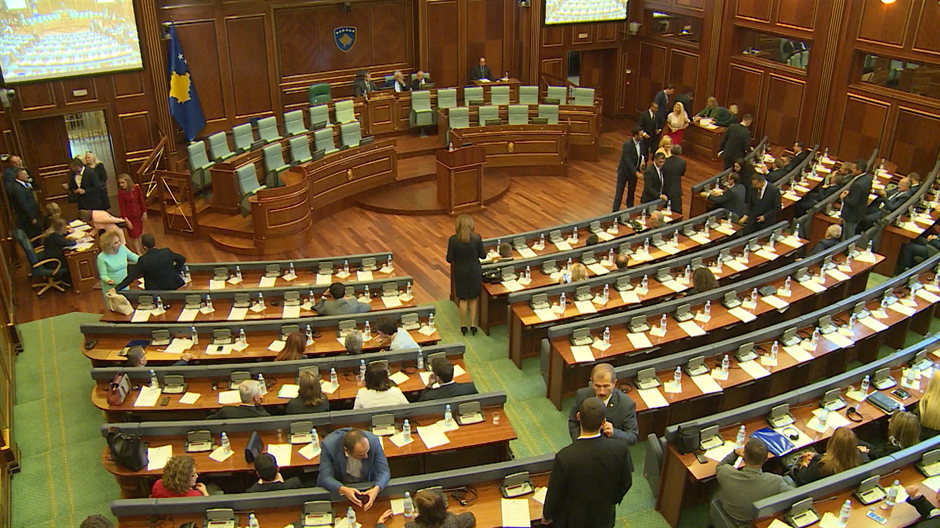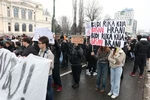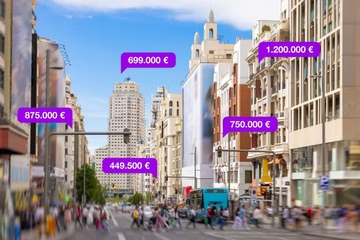
Bosnia and Herzegovina seems to be globally viewed as a country that has managed to bring the expression ‘dysfunctional country’ to a new level. Which deserves a new word: “bosniazation.”
The most recent example of this comes from the chairman of Kosovo’s Parliamentary Assembly, Kadri Veseli. As he was was explaining Kosovo’s relationship with Serbia, he warned that the authorities would not allow a “bosniazation,” of Kosovo. In other words - a division.
According to sociologists, politologists and journalists, the conclusion is clear: Bosnia’s politicians are most responsible for the country’s negative image abroad. Representatives of Serbs in Kosovo seek the forming of a community of Serbian municipalities. This would imply a dysfunctional system, said Veseli, calling the process a “bosniazation”.
Journalist Idro Seferi explains why Kosovo’s public sees Bosnia and Herzegovina in a negative context.
“Because abroad, Bosnia is seen as something that exists but does not function and there is always fear of tensions because of this as well as because of the formation of the Community of Serb Municipalities,” he said.
“Apart from the political context, Bosnia is an interesting country with a lot of potential,” he said. “However, it is difficult to explain what is happening in its politics, even for a journalist. If you report on the elections from here for a public that does not know how it works, then it all looks very weird and complicated,” Seferi explains.
And it will happen more and more often that Bosnia is used as an example of how not to organize a state, as local politicians are not really trying to change this negative image, according to sociologist Dino Abazovic.
“Countries in the region have, in one way or the other, gone a few steps ahead of us, at least in the sense of European integration and internal consolidation,” Abazovic said.
“Look at Macedonia, which also until recently had very similar ethnic complexities and institutional systems, and still they made a step forward. Bosnia and Herzegovina is, on the other hand, not doing much. It is really time for another appeal to the decision makers to change things considerably, or else we will stay reserved for such negative terms,” Abazovic said.
Fragmentation, irrational behavior, animosities, complications, dysfunctionality, inefficiency – all of those are contained in the expression Balkanisation – or now Bosniazation.
“Europe has always viewed the Balkans as a model of how things should not be done so it could appear superior, wonderful and great itself,” said psychologist, Srdjan Puhalo. “Now we have narrowed it down to Bosnia and Herzegovina.”
"Bosnization is a term used to describe the process of the fragmentation of a society, in this case the fragmentation of Bosnia and Herzegovina,” said political scientist Andjelko Milardovic.
This term derived from the term balkanization, which is used by the political culture of Western Europe, has a negative connotation and also means fragmentation of societies and states, he explained.
Therefore, Bosnia’s politicians and its public have no right to complain about the bad image the country has in the world. It is a fact that there are voices coming from within Bosnia and Herzegovina that claim the country is falling apart – most notably from Milorad Dodik, the President of Republika Srpska.
Kakvo je tvoje mišljenje o ovome?
Učestvuj u diskusiji ili pročitaj komentare





 Srbija
Srbija
 Hrvatska
Hrvatska
 Slovenija
Slovenija



























































